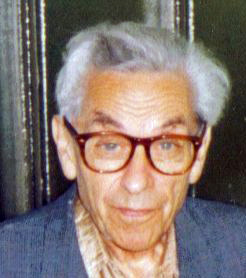“No tienes que creer en Dios, pero deberías creer en El Libro.”
Dicho en una conferencia en 1985. "El Libro" se refiere a la creencia de que Dios tenía un libro donde guardaba las pruebas más hermosas de cada hecho matemático.
Original: You don't have to believe in God, but you should believe in The Book.
